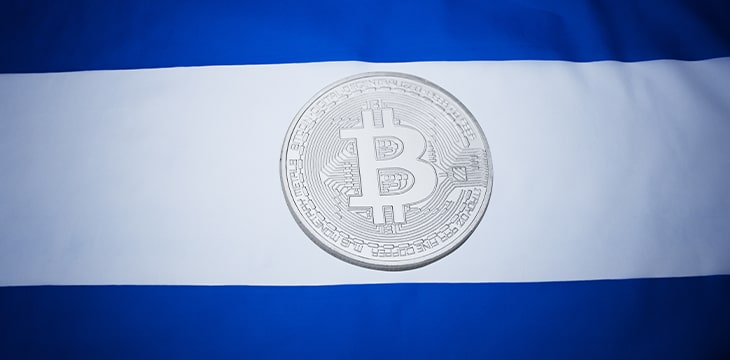
|
Getting your Trinity Audio player ready... |
There are obstacles ahead for El Salvador, the very first country to accept BTC as legal tender for goods and services. What looks like a progressive, innovative move at first glance is actually riddled with drawbacks that will most likely prevent BTC from being used as intended by El Salvador President Nayib Bukele.
The #BitcoinLaw has been approved by a supermajority in the Salvadoran Congress.
62 out of 84 votes!
History! #Btc🇸🇻
— Nayib Bukele (@nayibbukele) June 9, 2021
On June 9, El Salvador lawmakers passed a law that recognized BTC as legal tender in the country; this means that every business in El Salvador must accept BTC as payment for goods and services alongside the U.S. dollar—the official currency for the country.
This new law will become effective on September 7, 2021, (90 days after the law passed), and El Salvador is scrambling to get the necessary infrastructure in place to accept BTC—and this is where the trouble begins.
World Bank, environment, transparency, and transaction fees
El Salvador approached the World Bank asking for technical assistance when it came to implementing BTC as a payment method across the country. However, the World Bank told El Salvador that they could not help them with this issue.
“While the government did approach us for assistance on BTC, this is not something the World Bank can support given the environmental and transparency shortcomings,” said a World Bank spokesperson.
The amount of energy that BTC mining consumes has been a hot button issue lately. Elon Musk, CEO of Tesla, even took to Twitter to make a statement about BTC’s energy consumption, saying that Tesla will no longer accept BTC as payment for its cars until “there’s confirmation of reasonable (~50%) clean energy usage by [BTC] miners with positive future trend.”
This is inaccurate. Tesla only sold ~10% of holdings to confirm BTC could be liquidated easily without moving market.
When there’s confirmation of reasonable (~50%) clean energy usage by miners with positive future trend, Tesla will resume allowing Bitcoin transactions.
— Elon Musk (@elonmusk) June 13, 2021
When it comes to transparency, it is well known that the BTC network suffers from market manipulation and a lack of transparency; this is why the SEC has denied the several proposals for a BTC ETF that have come across its desk over the years.
Beyond energy consumption and transparency, others have expressed concerns over BTC transaction fees and scalability. A recent TechMonitor article explored El Salvador’s BTC adoption by picking the brains of several digital currency experts and enthusiasts—including Peter McCormack.
Gavin Brown, an associate professor of fintech at the University of Liverpool, told TechMonitor that he was concerned about BTC’s fitness for payments, citing the BTC network’s low throughput of only 4.6 transactions per second versus Visa who processes 1,700 transactions per second on average.
Dr. Jack Rogers, a senior lecturer in economics at the University of Exeter, added to that by questioning why a country would use such an inefficient payment system. Rogers went on to discuss the transaction fees associated with sending BTC and even went on to mention BSV, saying that BSV enterprise blockchain accomplishes what El Salvador is really looking to do since it has “negligible transaction fees and the number of transactions per block is effectively unlimited in the long term.” Rogers also said BSV was a greener alternative.
But will it pick up traction?
Only time will tell if El Salvador’s decision to accept BTC as legal tender is a move that its residents embrace. Oftentimes, even when a merchant accepts digital currency for payment, individuals are reluctant to spend their digital assets because nobody wants to be the next Bitcoin pizza guy.
El Salvador has a little less than 90 days to implement a system across the country that gives all businesses the ability to accept BTC as payment. If the country can successfully put a digital asset with a public ledger into play and have it circulate in its economy, it could serve as a case study for countries around the globe that are looking to do the same. That being said, El Salvador must overcome a few hurdles before they receive the organizational support they are looking for on this initiative.

 11-22-2024
11-22-2024


